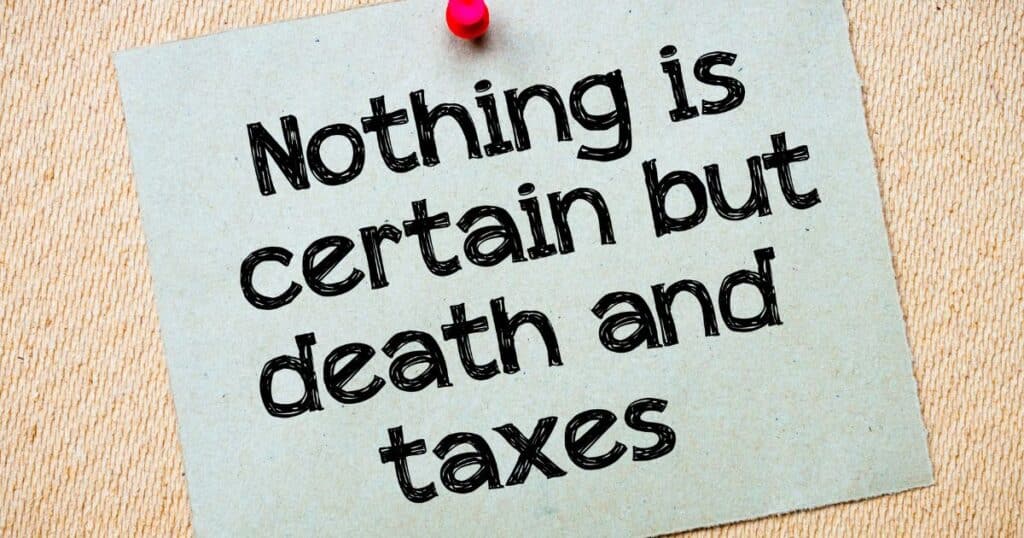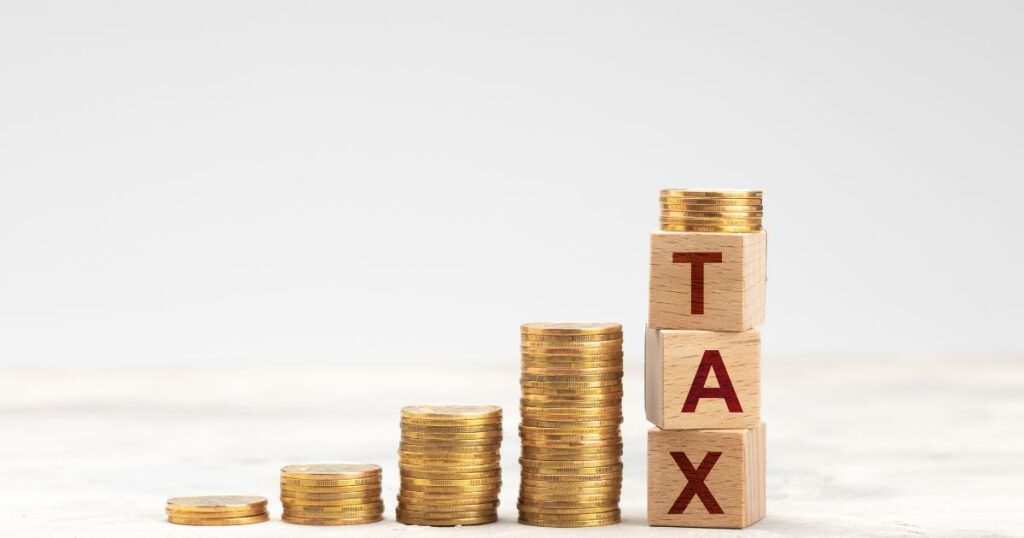The taxation of marijuana has been a contentious issue since the plant was first made illegal in the United States in 1937. Over the years, many states have gradually loosened their regulations and eventually legalized recreational marijuana for adult use. However, with each new state-level law comes its own set of taxes and fees on cannabis products. This wide variation in tax rates from one state to another can create an uneven playing field for legal businesses trying to compete against illegal markets.
At the federal level, marijuana is still classified as an illicit drug, meaning that taxable income generated by cannabis businesses is subject to higher excise and income taxes compared to other industries. In addition, state governments often impose their own additional taxes on sales of legal cannabis products, from excise taxes to retail sales taxes. With the potential for generating high tax revenues, some states have taken advantage of the opportunity and imposed excessively high taxes on marijuana products to generate more revenue.

High taxation has been linked with lower prices for illegal marijuana compared to what is available through legal dispensaries. This can make it harder for legitimate businesses to compete and stay afloat while increasing profits for those operating without oversight or regulation.
Furthermore, higher taxation makes it easier for illegal vendors to sell cannabis at lower prices than those charged by legal vendors since the same regulatory conditions do not constrain them. This has resulted in a steady flow of unregulated marijuana entering the market, and it is estimated that over 75% of all cannabis sales in California come from illegal sources.
High taxes have often been cited as an impediment to progress on federal policies regarding legalization. States with higher taxes will be reluctant to give up their potential revenues, and could prove to be a roadblock for any attempts at federal legalization.
Different Taxation Rates
California has long been a leader in the marijuana industry in terms of medical and recreational use. However, its high taxes have made it difficult for operators to compete legally. The state currently imposes a 15% excise tax on all retail sales and an additional cultivation tax that varies depending on the product sold. These high taxes can often make legal products more expensive than their black market counterparts, making it hard for legal vendors to stay competitive.
Oklahoma is another major source of unregulated weed in the country. Despite having some of the lowest rates of taxation compared to other states, illicit sales still account for a sizable portion of the cannabis market in Oklahoma. This is since the taxes imposed by the state are so low that they encourage black market sales instead of legal ones.
Finally, other states have also struggled to balance generating tax revenues from marijuana and keeping prices low enough to compete with illegal markets. For example, Colorado and Washington implemented high taxes on legal cannabis products when they first legalized recreational use but have since lowered rates to make up ground against illicit vendors. New York and Michigan are two more states that have recently legalized recreational use and will soon be faced with the same dilemma: how much taxation is necessary to generate revenue while remaining competitive?
It is clear that taxation plays an important role when it comes to the marijuana industry and its future. For the legal cannabis market to flourish, states must balance generating tax revenues and keeping prices low enough to compete with illicit vendors. Until then, taxation could turn cannabis users toward the illicit market.
The debate around the legalization of marijuana continues to rage, with many states having already implemented their own laws regarding recreational and medical use. However, federal legalization plans could encounter roadblocks due to state tax issues. States with higher taxes may not favor any strategy undermining their potential revenues, while those with lower taxes may struggle to compete against illicit markets if taxes are raised too much.

Operators nationwide have indicated that taxes are the biggest obstacle they face when trying to operate legally. High taxes often make legal products more expensive than black market ones, making it difficult for operators to stay competitive. It is clear that taxation plays an important role when it comes to the marijuana industry and its future. For the legal cannabis market to flourish, states must balance generating tax revenues and keeping prices low enough to compete with illicit vendors.
This is why the federal government must consider state tax issues regarding legalization plans. If the federal government provides states with a viable framework for taxation and regulation, marijuana legalization could become a reality nationwide.
The future of legal weed in America will depend on finding this balance between taxation and competition. Only time will tell if the federal government can find that balance.
Enjoyed that first hit? Come chill with us every week at the Friday Sesh for a freshly packed bowl of the week’s best cannabis news!

















